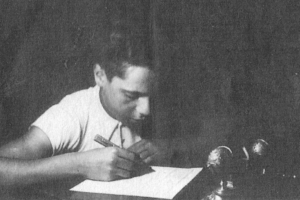
Cánovas 1929
Tribute to a whole history Alfons Cánovas Lapuente (4 -11-1917)
María Pla Segura arrived in Barcelona from her native Tortosa in 1914 and got married to Magí Solé. Taking advantage of the experience of having worked in her family’s bars there, she set up a “puda” in front of the Barceloneta beach, very close to the Oriental Baths. Tired of the Levante storms regularly destroying the entrance of the premises, she decided to move to a new location, opening on the corner of Sant Carles and Baluard streets. Soon after, she found out that the bacaladeria, which was just a few meters away, was for sale. It was an ideal place to install a kitchen, as it had a door to two streets and therefore had good ventilation.
It was in 1945 when Mrs. María moved into the definitive premises that have been preserved to this day. What at the beginning was known as the bar of Mrs. Pla set up one of the first coal stoves that curiously would give origin to the name of Cova Fumada, because of the smoke that this type of stoves gave off. The charcoal stove allowed customers, most of them workers, to heat their lunch box while they ordered their wine, accompanied with grilled sardines, or liquors and coffees.
Mrs. Maria had a son -Magí Solé- who worked since he was only 15 years old helping in the bar. Magí fell in love with Palmira Fresquet and they got married in 1955. Palmira was also coincidentally descended from a town near Tortosa: Roquetes. She joined the bar to work alongside her husband Magí.
Always restless, Magí observes the great popularity of the tapas offered in the bars in the Correos area, many of them ran by Andalusian and Castilian immigrants who had maintained this custom so typical of their land of origin.
A unique tapa that would make his restaurant famous, that would give it its own identity. Thus, in 1955 he began to experiment with a kind of potato croquette that at first did not have the expected success. Something was missing. He began to experiment, adding some sauce, or combining it with all-i-oli,… Until a sailor brought him a chili (cayenne) powder from Mombassa (Kenya). This was stronger than the “guindillas” that were known at a time when patatas bravas did not even exist yet.
And he got it right! This African spice turned the croquette into something unique that took hold among customers. The spiciness even invited to challenge with a “let’s see if you have the nerve” among friends, because it was not easy to bear it without shedding a tear. The word spread quickly, and people went down to the Cova to try it. The bravest asked for the spicy one, some others opted for the “half and half”.
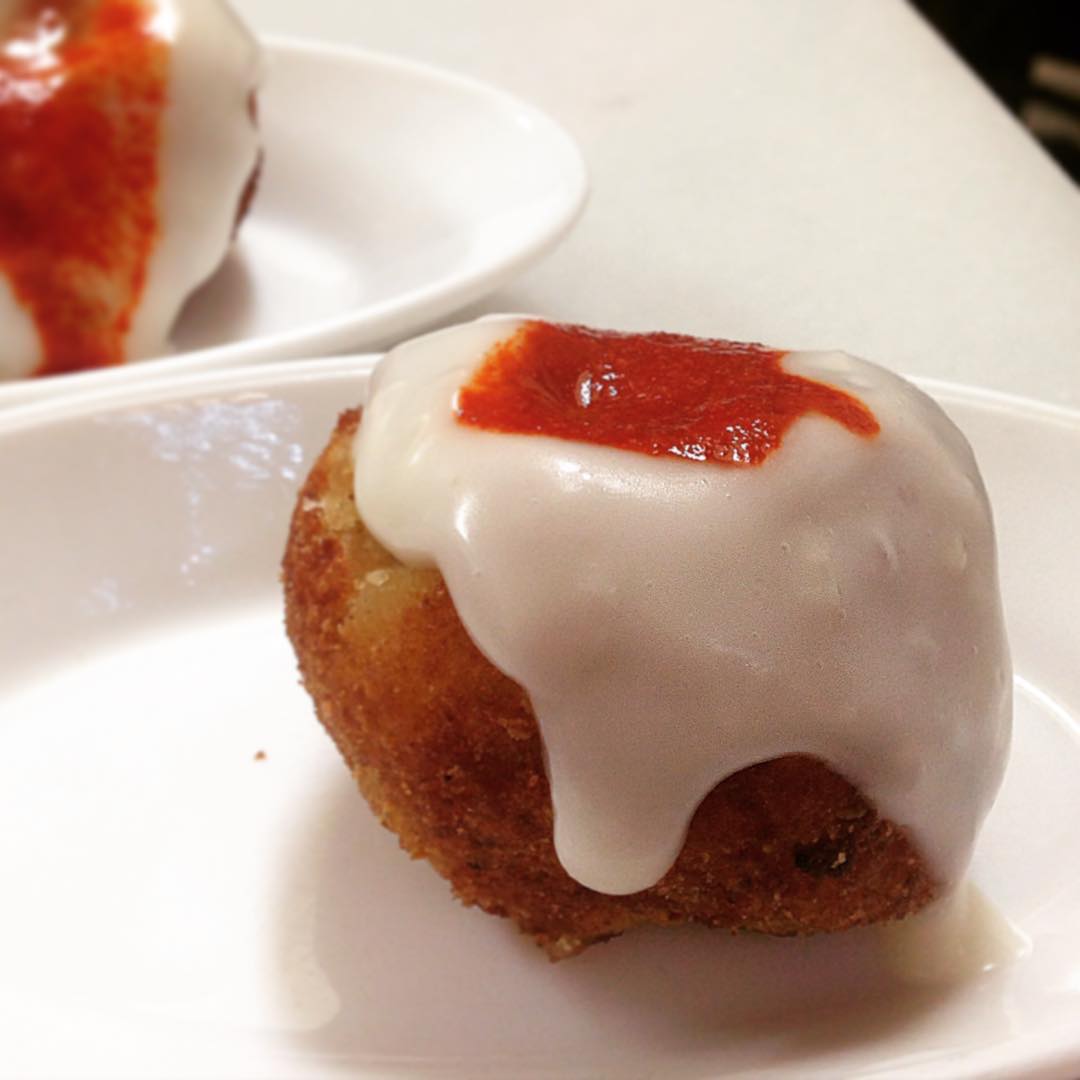
When Magí and her mother made their tests, they gave them to the family and neighbors to taste. The “experiment”, already with the African spice, was offered one day by Mrs. Maria to a neighbor of the staircase who was only 15 years old: Enriquet. When he tasted it, he exclaimed “Maria, this is the bomb!” And the name “La Bomba” stuck.
At the beginning, La Cova was open at all hours and on weekends, then it began to serve meals and breakfasts of the kind we now call “de tenedor” (food that you eat using a fork). The family lived in the same building and very soon the two sons of Magí and Palmira began to lend a hand in the family business.
The Cova team: Mrs. Maria, Palmira, Magí, the father – at the bar and Magí, the son – and Josep Maria, with reinforcement waiters, in charge of the tables.
The place currently maintains practically the same original appearance. It looks as if time has not gone by. At most, some family photos or pictures of Barça players hang on the walls and little else. The fame attracts tourists and celebrities, but here the most special customers are the ones who have always been there, the bar’s neighbours who still maintain the tradition of “challenging” friends and visitors to “order the spicy one”. They are part of the history of La Cova, as La Cova is part of the history of Barceloneta.
The Solés have never been overly concerned about others taking credit for the invention of La Bomba or even registering the name, as it has happened. “So what!” They’re glad that other establishments (and peers) in the neighbourhood make their own bomba. “If it helps people to go down to Barceloneta and spend money in the bars, great,” says Josep María.
Guillem and Sergi, Magí’s sons, and Laura, Josep Maria’s daughter, love the business. And most importantly, they are aware of what La Cova is and what it means and know that it is necessary to evolve, but above all to maintain the legacy of their great-grandmother, grandmother and parents. Because there are no truly authentic enclaves like La Cova Fumada, there are no masses left.
You may also be interested in

Tribute to a whole history Alfons Cánovas Lapuente (4 -11-1917)

If you want to live the unique experience of combining
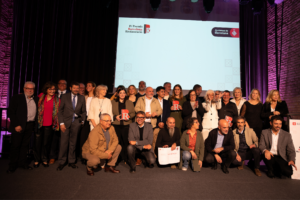
On 20 November, the award ceremony was held for the
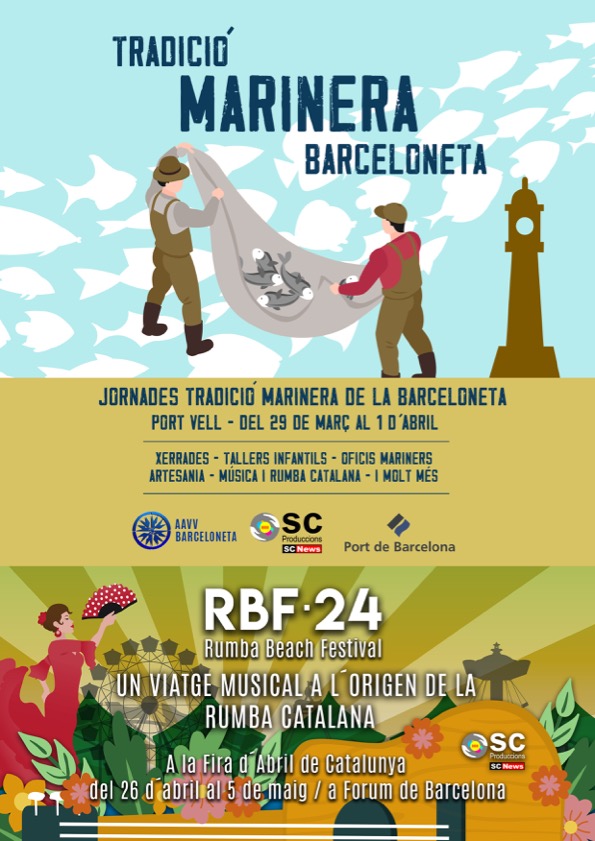
More articles
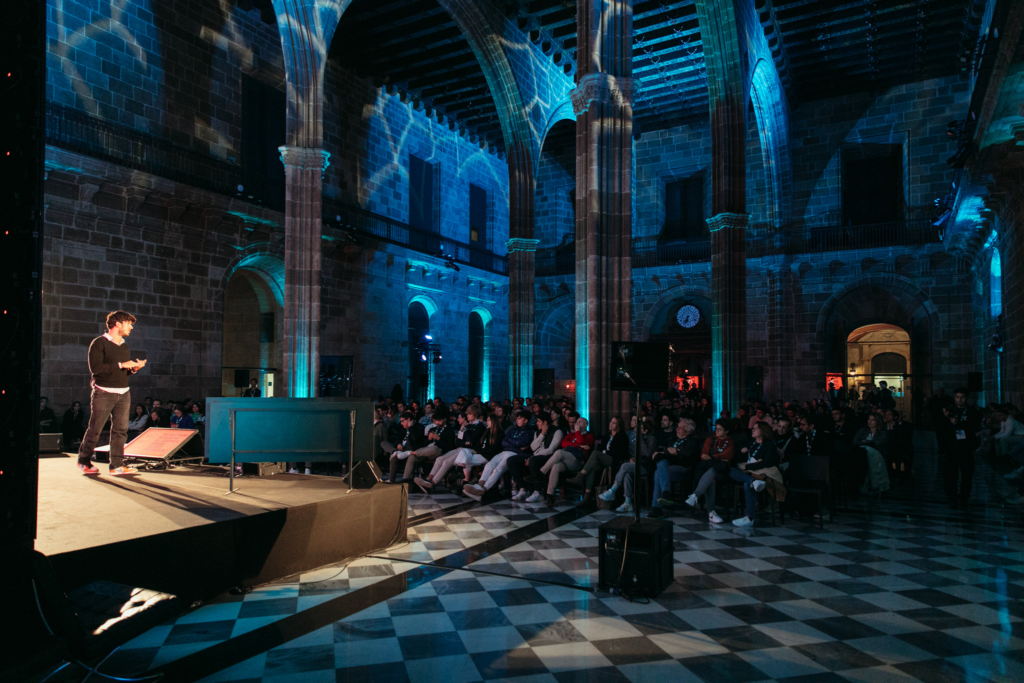
The 4th edition of the benchmark event for the technology community took place on 12
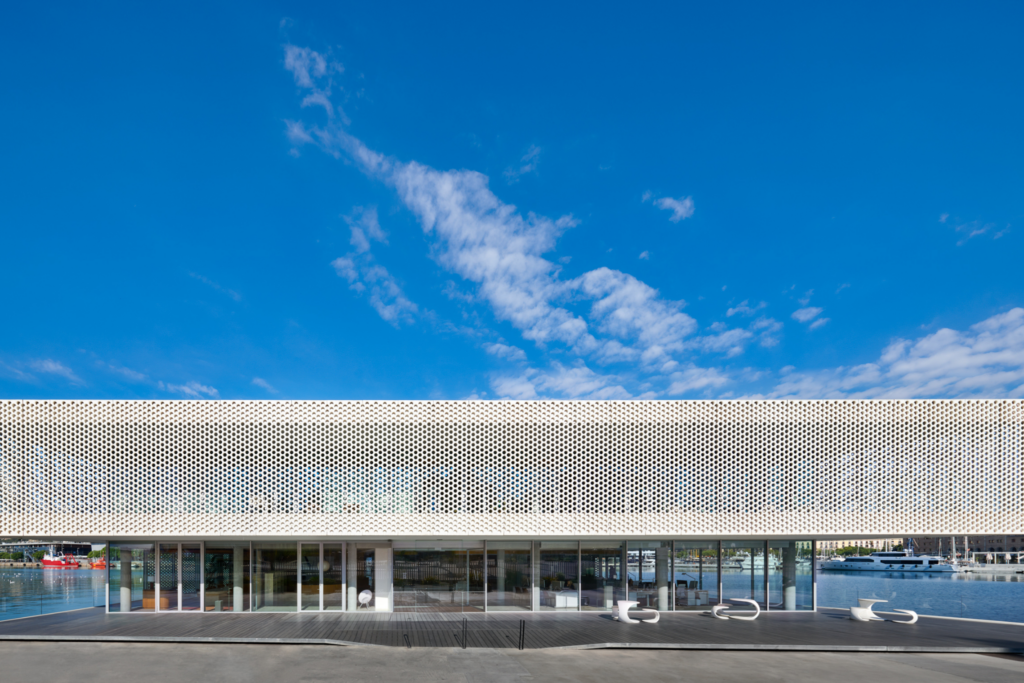
Celebrating Christmas is one of Marina Puerto Viejo’s most cherished traditions. And this year, as
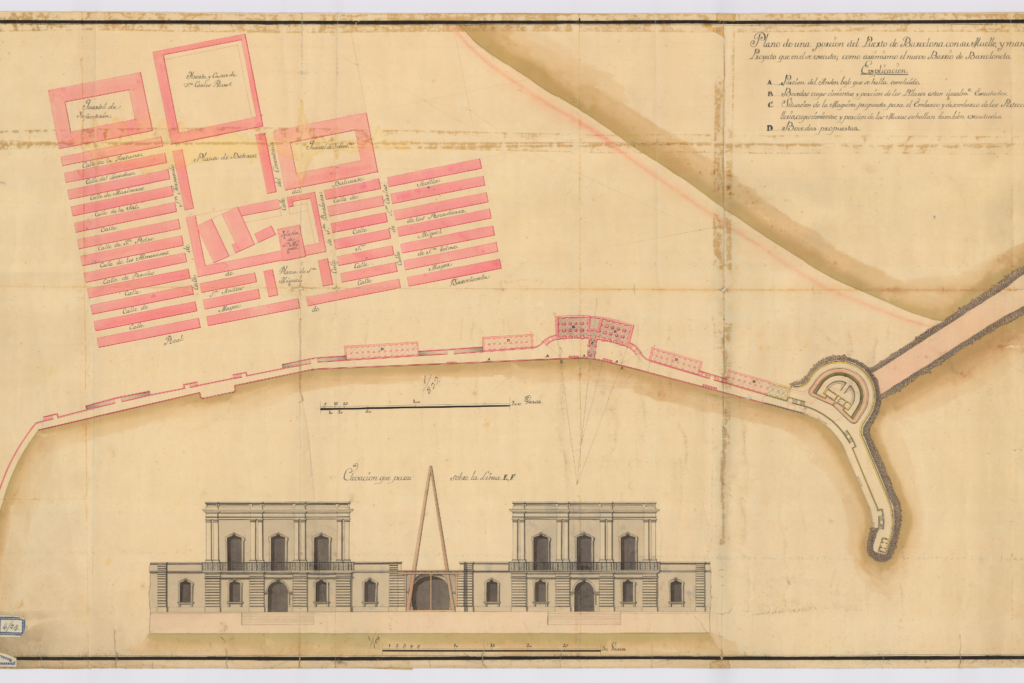
Next to a rubbish bin I’m going to find a very old Gladiator suitcase and
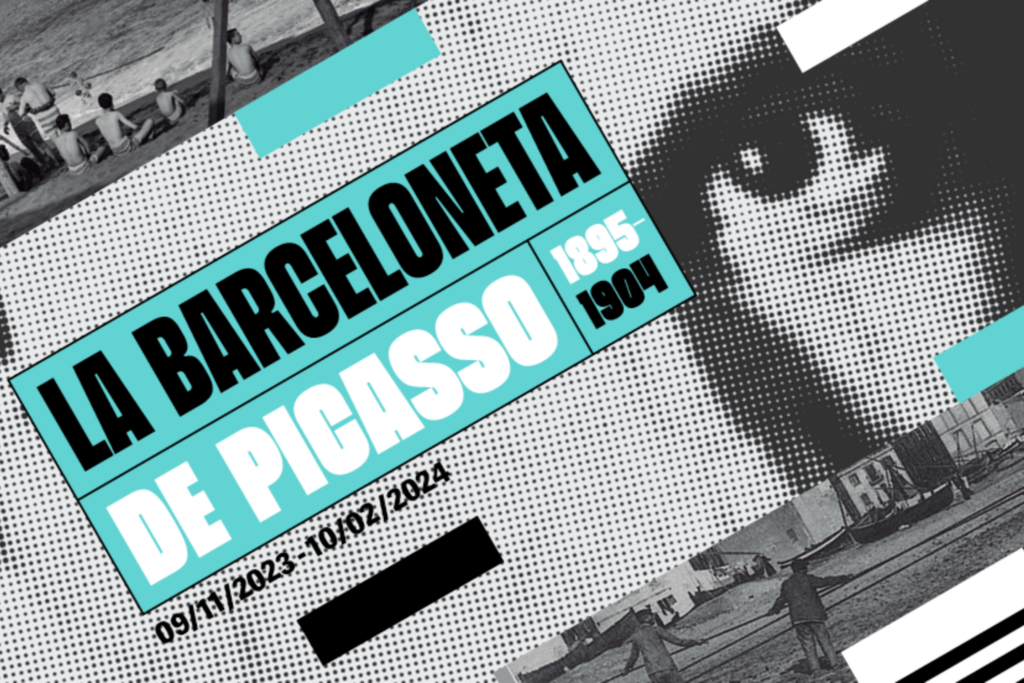
From 9 November to 10 February 2024. On the occasion of the celebration of the
| Cookie | Duration | Description |
|---|---|---|
| _ga | 2 years | The _ga cookie, installed by Google Analytics, calculates visitor, session and campaign data and also keeps track of site usage for the site's analytics report. The cookie stores information anonymously and assigns a randomly generated number to recognize unique visitors. |
| _ga_2DMP7XMBDL | 2 years | This cookie is installed by Google Analytics. |
| Cookie | Duration | Description |
|---|---|---|
| pll_language | 1 year | The pll _language cookie is used by Polylang to remember the language selected by the user when returning to the website, and also to get the language information when not available in another way. |
| Cookie | Duration | Description |
|---|---|---|
| cookielawinfo-checkbox-advertisement | 1 year | Set by the GDPR Cookie Consent plugin, this cookie is used to record the user consent for the cookies in the "Advertisement" category . |
| cookielawinfo-checkbox-analytics | 1 year | Set by the GDPR Cookie Consent plugin, this cookie is used to record the user consent for the cookies in the "Analytics" category . |
| cookielawinfo-checkbox-functional | 1 year | The cookie is set by the GDPR Cookie Consent plugin to record the user consent for the cookies in the category "Functional". |
| cookielawinfo-checkbox-necessary | 1 year | Set by the GDPR Cookie Consent plugin, this cookie is used to record the user consent for the cookies in the "Necessary" category . |
| cookielawinfo-checkbox-others | 1 year | Set by the GDPR Cookie Consent plugin, this cookie is used to store the user consent for cookies in the category "Others". |
| cookielawinfo-checkbox-performance | 1 year | Set by the GDPR Cookie Consent plugin, this cookie is used to store the user consent for cookies in the category "Performance". |
| CookieLawInfoConsent | 1 year | Records the default button state of the corresponding category & the status of CCPA. It works only in coordination with the primary cookie. |
| elementor | never | This cookie is used by the website's WordPress theme. It allows the website owner to implement or change the website's content in real-time. |